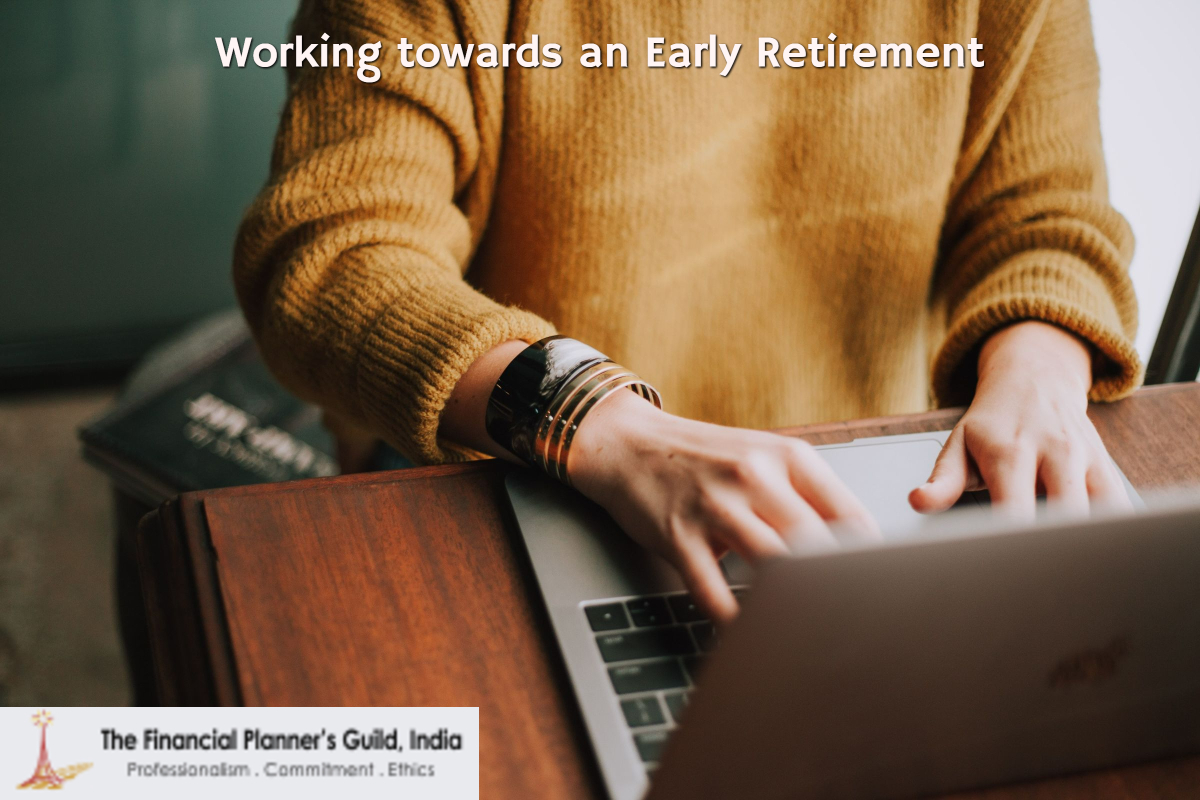
Retirement. Does this word evoke images of sun and sand, books and movies, travel and sightseeing? Most of us, these days, want to retire early and enjoy life to the fullest.
If this is one of your dreams as well, it’s time you asked yourself this question – ‘Am I financially ready to retire early?’ Put pen to paper and work out the math. Are you really ready?
Let us look at some factors which influence the decision to retire early:
Take for example four different people starting to save from different ages, but all wanting to retire early – at the age of 50:
Amount invested per month: Rs 10,000 Assumed rate of return: 12% p.a.
|
Starting age |
Investing for |
Amount invested |
Corpus created |
|
25 |
25 yrs |
Rs 30 lakh |
Rs 1.88 crore |
|
30 |
20 yrs |
Rs 24 lakh |
Rs 99 lakh |
|
35 |
15 yrs |
Rs 18 lakh |
Rs 50 lakh |
|
40 |
10 yrs |
Rs 12 lakh |
Rs 23 lakh |
The above example clearly demonstrates the fact that a ten-year delay (age 25 vs. age 35) in starting can result in reducing your end-corpus to a third, leaving you with insufficient funds.
Also, plan to increase your savings rate annually and maximize your contributions as early as possible in your career.
To summarize, one should realise that retiring early means both shortening your savings window and lengthening the number of years your nest-egg has to meet your expenses. This longer retirement life-expectancy means more time for inflation to erode the purchasing power, making saving enough even more of a challenge for those who wish to retire early.
Finally, there is no harm in taking up part-time work if you find yourself behind in meeting your early-retirement goal.This reduces the financial stress and leads to a more fulfilling and satisfying retired life.
FPG India ©2024. All Rights Reserved.
Designed & Developed by W3M Technoz